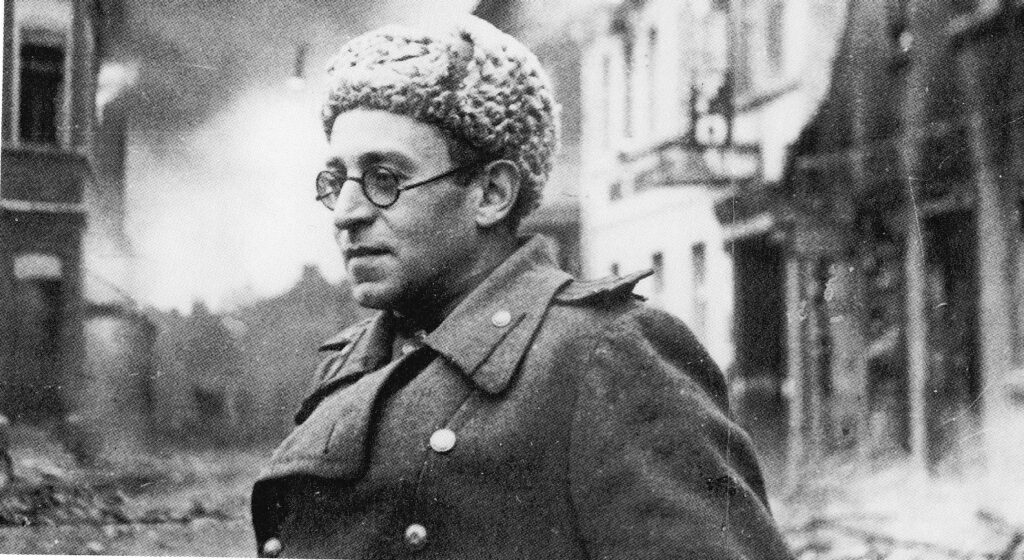[Russian] writers have decried Russia’s slavery and violent past.
—Alexandra Popoff, Vasily Grossman and the Soviet Century
Reading [Leo] Tolstoy strengthened [Vasily] Grossman’s ambition to become a writer. Tolstoy’s interest in the human soul, his quest for a deeper meaning in life, corresponded to Grossman’s urge to find a genuine calling.
—Popoff, Vasily Grossman
Grossman studied everything military: tactics, equipment, weaponry – and army slang which fascinated him especially. He worked so hard on his notes and articles that he had little time for anything else. ‘During the whole war,’ he wrote later, ‘the only book that I read was War and Peace which I read twice.’
—Antony Beevor and Luba Vinogradova, A Writer at War:Vasily Grossman with the Red Army, 1941-1945
Grossman’s attitude to Tolstoyans changed over time. In Life and Fate he creates the powerful character of a Tolstoyan in Ikonnikov, arrested for preaching nonviolence, first by the Communists and later by the Nazis.
—Popoff, Vasily Grossman
The Soviet regime needed a Soviet Tolstoy. After 1945, however, Stalin also needed a new, preferably internal, enemy to help justify his dictatorship. The choice of enemy was simple enough; antisemitism had always been widespread in Russia and Ukraine. Grossman—both a Jew and a candidate for the role of the new Tolstoy—was positioned on a dangerous fault line.
—Robert Chandler, Introduction, in Vasily Grossman, Stalingrad
Grossman urged Soviet writers to follow in the footsteps of their literary predecessors Tolstoy and Chekhov by advocating the “basic and sacred human rights, the right of each individual to live on earth, to think and to be free.”
—Popoff, Vasily Grossman
“I have seen that it is not man who is impotent in the struggle against evil, but the power of evil that is impotent in the struggle against man.”
—Ikonnikov, in Vasily Grossman, Life and Fate
